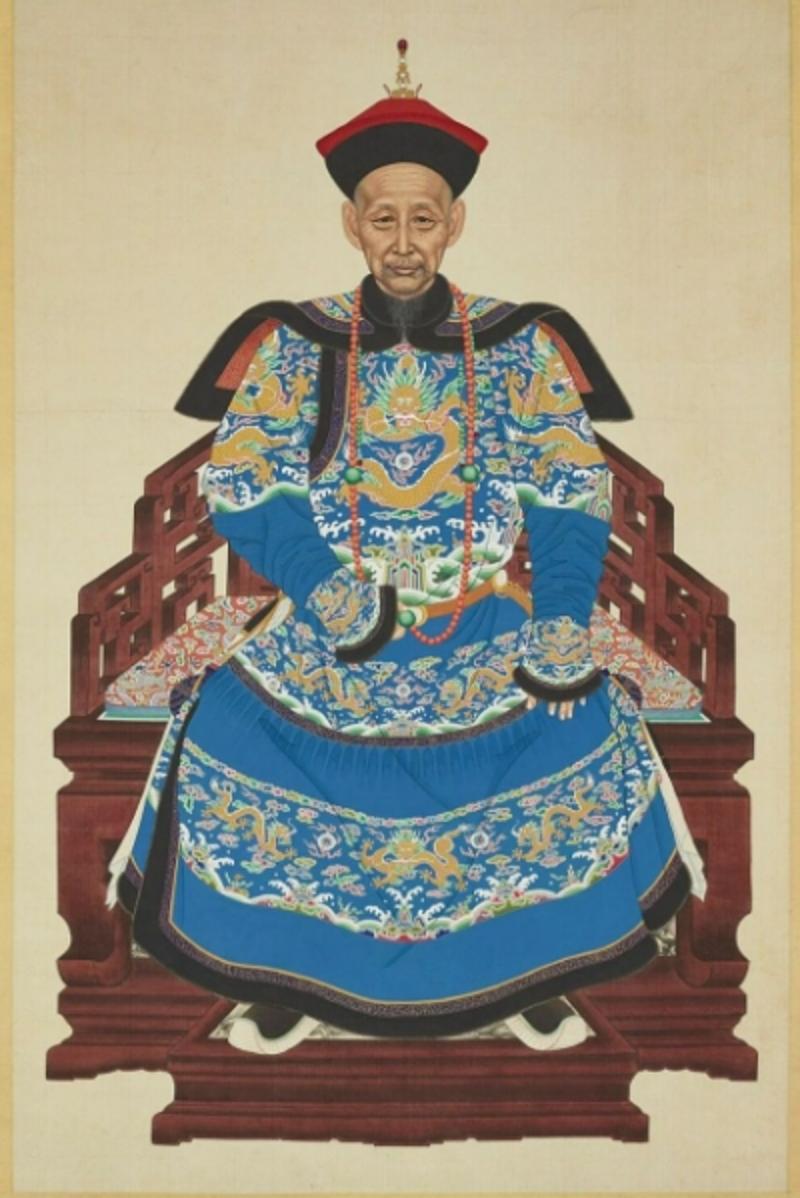What Happened to Prince Gong: The Power Struggle and Disgrace of an Important Politician in the Late Qing Dynasty
Prince Gong Yixin, an important politician in the late Qing Dynasty, saw his authority gradually weakened due to power struggles. He was dismissed in 1865 and 1884 before being reappointed as the supervisor of the Prime Minister's Office in 1894, until his death. Prince Gong's life was filled with ups and downs and transformations, and his political career and reform efforts had a profound impact on the political landscape of the late Qing Dynasty.
Reference: Prince Gong's Mansion: A Precious Relic in the Ancient City of Beijing

Introduction to Prince Gong
Prince Gong Yixin, born in 1833 and died in 1898, was an important political figure in the late Qing Dynasty. He was talented since childhood and highly regarded by his father, Emperor Daoguang. However, his political career was not smooth sailing, as he experienced many ups and downs in power struggles.
Early Life and Education
Prince Gong received a good education from an early age, studying under renowned scholars such as Zhuo Bingtian and Jia Zhen. He excelled in both literature and martial arts, creating numerous martial arts movements and receiving praise from his father. These early educational experiences laid the foundation for his future political career.
Political Career and Reform Efforts
During his political career, Prince Gong actively promoted reforms in an attempt to save the declining Qing Dynasty. He established the Prime Minister's Office, promoted the Self-Strengthening Movement, and advocated for closer contact with Western powers. During the Tongzhi Reform, he implemented a series of reform measures, including strengthening military training and stockpiling military supplies. These reform efforts to some extent enhanced the national strength of the Qing Dynasty but also triggered power struggles and palace coups.
Power Struggles and Disgrace
Prince Gong's political career was fraught with power struggles. His relationship with Empress Dowager Cixi was complex, and the power struggle between them was constant. In 1865 and 1884, he was dismissed due to alleged corruption and disrespect for the emperor. Although he was reappointed as the supervisor of the Prime Minister's Office in 1894, his authority had been greatly weakened. The failure of the power struggle and disgrace led Prince Gong to withdraw from politics and retreat to a temple.
Family and Legacy
Prince Gong's family life was also full of twists and turns. His primary consort was Guwaerjia, and they had several children. Prince Gong's former residence, Gongwangfu, has now become a cultural heritage site and tourist attraction in Beijing. This mansion witnessed the glory and decline of Prince Gong's life and has become an important material evidence for later generations to study the history of the Qing Dynasty.
Historical Evaluation
Prince Gong Yixin was an important politician and reformer in the late Qing Dynasty. His political career and reform efforts had a profound impact on the political landscape of the late Qing Dynasty. Although he fell out of favor in power struggles, his historical status cannot be ignored. Prince Gong's life was filled with legendary color, and his story has been passed down through the ages, becoming an important chapter in Chinese history.
Q1: What were some of the key challenges Prince Gong faced during his political career?
- - Prince Gong faced constant power struggles, particularly with Empress Dowager Cixi, which affected his authority and led to his dismissal multiple times.
- - He encountered difficulties in implementing reforms, as they often triggered opposition and palace coups, undermining his efforts to modernize the Qing Dynasty.
- - His reputation was tarnished by allegations of corruption and disrespect for the emperor, contributing to his disgrace and removal from office.
Q2: How did Prince Gong's early education shape his political career?
- - Prince Gong received a comprehensive education from renowned scholars, excelling in literature and martial arts from a young age.
- - His early education instilled in him a strong foundation of knowledge and skills, which he later utilized in his political career to advocate for reforms and navigate complex power dynamics.
- - The praise he received from his father, Emperor Daoguang, likely bolstered his confidence and ambition to pursue political endeavors despite the challenges he faced.
Q3: What was the significance of Prince Gong's family life and residence in understanding his legacy?
- - Prince Gong's family life, including his relationship with his primary consort and their children, provides insights into his personal struggles and achievements beyond his political career.
- - His former residence, Gongwangfu, serves as a tangible symbol of Prince Gong's life and legacy, allowing later generations to study his historical contributions and the broader context of the Qing Dynasty.
- - The mansion's transformation into a cultural heritage site underscores Prince Gong's enduring influence and the importance of preserving his memory for future generations to appreciate.